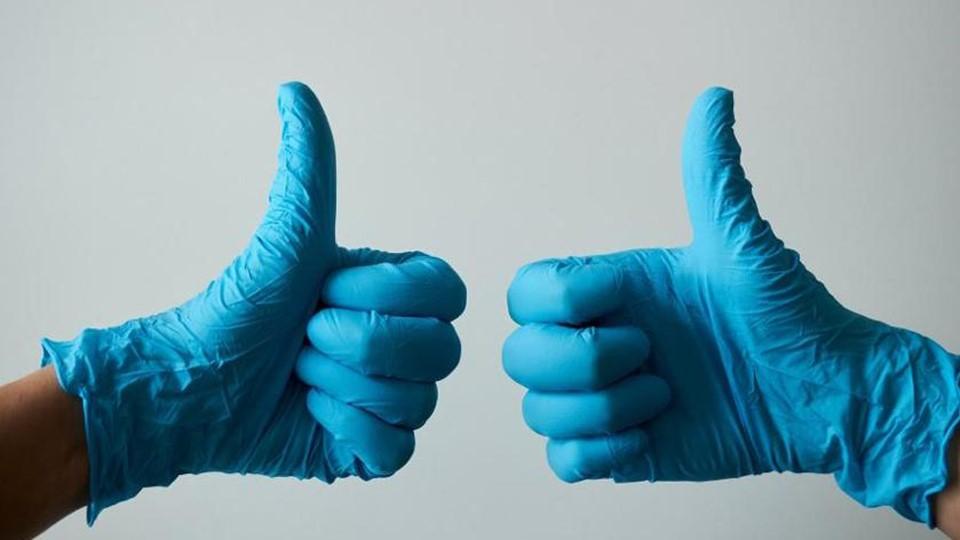CAR-Ts set to move earlier in multiple myeloma therapy

FDA advisors have said that two BCMA-targeted CAR-T therapies can be used earlier in the treatment pathway for multiple myeloma, setting up FDA approvals for use in a broader patient population.
The Oncologic Drugs Advisory Committee (ODAC) has concluded that the efficacy of Johnson & Johnson/Legend Biotech’s Carvykti (ciltacabtagene autoleucel) and Bristol Myers Squibb/2seventy bio’s Abecma (idecabtagene vicleucel) outweigh their side effects in earlier lines of therapy for the blood cancer.
Both CAR-Ts are currently approved as fifth-line or later therapies for multiple myeloma, making them an option for around 5,000 patients out of an estimated 32,000 total cases per year in the US. Moving into second- or third-line use could double or triple the potential patient population.
First up for the ODAC deliberations was Carvykti, which is being reviewed for second-line or later use on the strength of the CARTITUDE-4 trial.
The ODAC was won over by the results, which showed that Carvykti reduced the risk of progression or death by an impressive 74% compared to standard therapy in patients who had stopped responding to lenalidomide, voting by 11 to 0 that the risk-benefit profile supported approval.
They were less convinced by the data on Abecma as a third-line or later therapy in the KarMMA-3 study, which showed the treatment cut the risk of disease progression or death by 51%, voting by 8 to 3 in favour of the CAR-T.
The FDA’s reviewers had raised some concerns about the therapies, including no effect on overall survival at the latest patient follow-up, a slight excess in the number of early deaths compared to standard therapy, and questions about the durability of the progression-free survival (PFS) benefit.
Last year, the FDA launched an investigation into the risk of secondary cancers in patients treated with BCNMA- or CD19-targeted CAR-Ts, and now requires a boxed warning on their labels.
Overall, however, panellists concluded that the benefits of the therapies outweighed those risks and they have the potential to be life-saving.
The FDA is due to decide on Carvykti by 5th April, but has not yet set a new deadline for Abecma since BMS’ marketing application was delayed by a request for new data last November. The latter is already approved for third-line or later use based on the KarMMA-3 data in Switzerland and Japan.
Even if approved, the two CAR-Ts – which require an involved therapeutic process that involves harvesting, modifying, and re-infusing cells – could face serious competition from off-the-shelf alternatives like BCMA-targeting bispecific antibodies and antibody-drug conjugates.
Those include J&J’s Tecvayli (teclistamab) and Pfizer’s Elrexfio (elranatamab) - two BCMAxCD3 bispecifics already approved for later-line use, but in testing to move forward in the treatment pathway - as well as GSK’s ADC Blenrep (belantamab mafodotin), which was withdrawn from sale in the US, but has bounced back with new second-line data.













